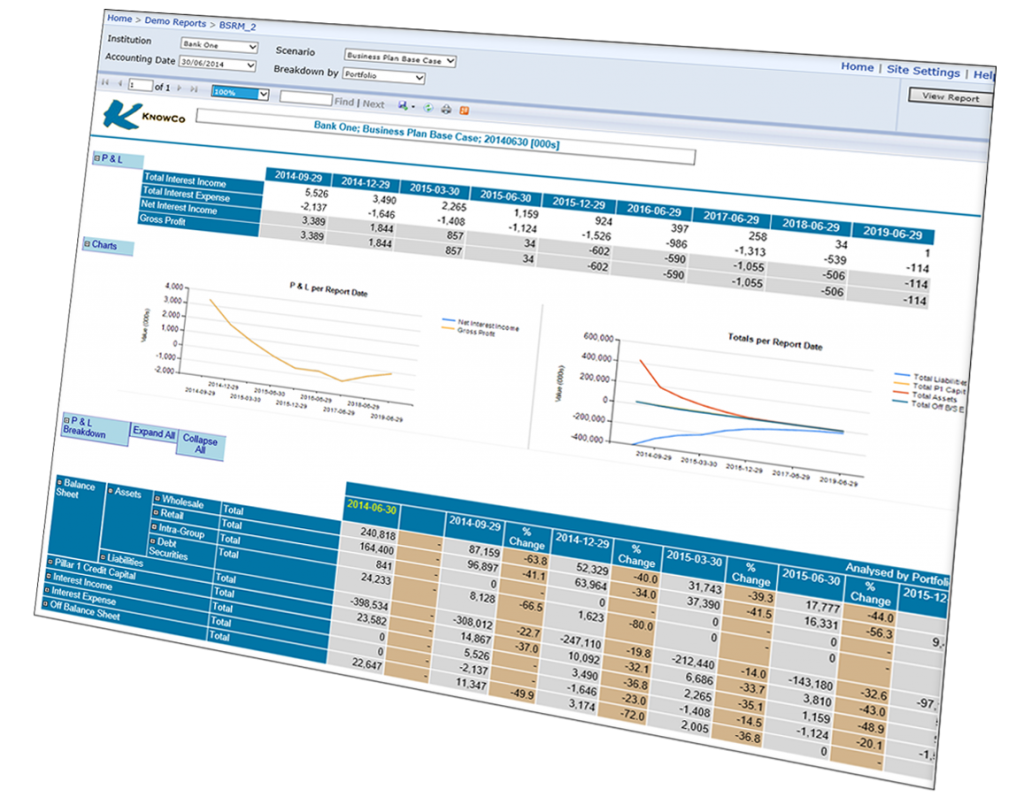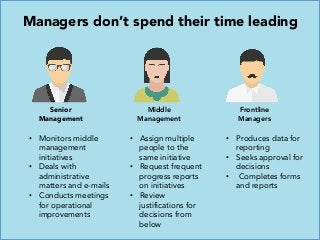
Management sciences cover a broad range of topics that examine the processes involved in solving problems within organizations. This field is multidisciplinary and has many connections to other disciplines. Learn more about the subject and the careers available. You can also find out about the schools that offer this degree program. It is crucial to select a program that fits your needs based on its location and scope.
Overview
Management sciences is a sub-division of business studies. They use mathematical models in order to analyze business processes. They are applied in many areas, including investment analysis, assignment, decision-making, and marketing. They can also be used to make business decisions and economic forecasts. Management sciences are helpful in managing inventory. Inventory is key to any company's success in sales. Other applications include production planning, pipeline routing and budgeting.
These techniques will help managers make informed decisions and improve their businesses. They can be used to solve problems, develop hypotheses and implement new solutions. They can be used to help organizations create systems and prevent future issues.
Scope
Management sciences are an interdisciplinary field that examines decision making and problem solving in large organisations. They use scientific research-based analytics techniques to find optimal solutions for complex decision problems. These disciplines are closely linked to mathematics and economics. The scope of management sciences is extensive, and a bachelor's degree in a relevant subject can lead to a successful career in the field.

Management sciences can be applied to a variety of disciplines, such as marketing, strategic management, or human resources management. Additionally, management includes sub-disciplines like organizational behavior and organizational growth.
Careers
Graduates of Faculty of Management Sciences are eligible for a wide range of jobs. Typically, graduates work for business corporations, consulting firms, and government agencies. However, graduates can also seek employment in international voluntary organizations and educational institutions. Some employers will hire graduates with specific skills and knowledge, while others will seek someone with a broader background.
Developing a resume that highlights your skills and qualifications is a critical first step in obtaining a position in management science. You will need to include information about education, certifications, or any other qualifications. You can also list any conferences you attended or professional organizations that you may have joined. Make sure you research available jobs within your field. You can use a job search engine to find current job postings for management science.
Schools offering degrees
Colorado offers a number of schools that offer a degree in management. The degree program focuses on quantitative modeling, data warehousing, and programming, as well as operations research and forecasting. Students learn mathematics and stochastic, dynamic and prototyping design. Graduates can put their skills and knowledge into practice once they have graduated. Students can also work with real-world firms.
Management science is a study of organizational behavior. To make sound decisions, it draws on ideas and methods from mathematics, statistics, and computer sciences. Management science has wide applications in many fields, including manufacturing, environmental protection, and health care. Management science students can use their skills to make any type of decision in the workplace.

Cost
A degree in management sciences can cost you a lot, depending on which school you go to and where you are located. According to the US Bureau of Labor Statistics (US Bureau of Labor Statistics), the average undergraduate tuition is $32,413 and $23,380 in graduate programs. You can expect to make between $62,330-$99,458 per year after graduation
The graduate degree in management science provides students with a comprehensive understanding of the discipline, as well as practical training in its application. It also teaches students how to communicate their knowledge in a collaborative environment. Students in this program learn from faculty who have extensive industry experience and are internationally recognized experts in their fields. This program will provide students with the knowledge they need to thrive in an increasingly competitive industry.
FAQ
What are the five management steps?
Each business has five stages: planning, execution and monitoring.
Planning is about setting goals for your future. This includes setting goals for the future and defining what you want.
Execution is the actual execution of the plans. Everyone involved must follow them.
Monitoring is checking on progress towards achieving your objectives. Regular reviews should be done of your performance against targets or budgets.
At the end of every year, reviews take place. They are a chance to see if everything went smoothly during the year. If not then, you can make changes to improve your performance next year.
Evaluation takes place after the annual review. It helps to determine what worked and what didn’t. It also provides feedback regarding how people performed.
What is the difference between project and program?
A project is temporary while a programme is permanent.
A project usually has a specific goal and deadline.
It is often done in a team that reports to another.
A program will usually have a set number of goals and objectives.
It is usually implemented by a single person.
What are the three basic management styles?
The three basic management styles are: authoritarian, laissez-faire, and participative. Each style has strengths and flaws. Which style do YOU prefer? Why?
Autoritarian – The leader sets the direction for everyone and expects them to follow. This style is most effective when an organization is large, stable, and well-run.
Laissez faire - Each individual can decide for himself/herself. This style works best when an organization is small and dynamic.
Participative – The leader listens and takes in ideas from all. This is a great style for smaller organizations that value everyone.
It can sometimes seem difficult to make business decisions.
Complex systems with many moving parts are the hallmark of businesses. They require people to manage multiple priorities and deal with uncertainty and complexity.
Understanding the impact of these factors on the system is crucial to making sound decisions.
This requires you to think about the purpose and function of each component. It's important to also consider how they interact with each other.
You need to ask yourself if your previous actions have led you to make unfounded assumptions. If so, it might be worth reexamining them.
If you're still stuck after all this, try asking someone else for help. You might find their perspective is different from yours and they may have insight that can help you find the solution.
What is the difference between leadership and management?
Leadership is all about influencing others. Management is about controlling others.
Leaders inspire others, managers direct them.
A leader motivates people to achieve success; a manager keeps workers on task.
A leader develops people; a manager manages people.
What does the term "project management” mean?
This refers to managing all activities that are involved in a project's execution.
Our services include the definition of the scope, identifying requirements, preparing a budget, organizing project teams, scheduling work, monitoring progress and evaluating the results before closing the project.
What are the four major functions of Management?
Management is responsible for organizing, managing, directing and controlling people, resources, and other activities. Management also involves setting goals and developing policies.
Management assists an organization in achieving its goals by providing direction, coordination and control, leadership, motivation, supervision and training, as well as evaluation.
The following are the four core functions of management
Planning - Planning is about determining what must be done.
Organizing is the act of deciding how things should go.
Directing - Directing means getting people to follow instructions.
Controlling - Controlling means ensuring that people carry out tasks according to plan.
Statistics
- UpCounsel accepts only the top 5 percent of lawyers on its site. (upcounsel.com)
- The BLS says that financial services jobs like banking are expected to grow 4% by 2030, about as fast as the national average. (wgu.edu)
- The average salary for financial advisors in 2021 is around $60,000 per year, with the top 10% of the profession making more than $111,000 per year. (wgu.edu)
- Hire the top business lawyers and save up to 60% on legal fees (upcounsel.com)
- As of 2020, personal bankers or tellers make an average of $32,620 per year, according to the BLS. (wgu.edu)
External Links
How To
How can you implement a Quality Management Plan?
QMP, which was introduced by ISO 9001:2008, is a systematic approach to improving products, services, and processes through continuous improvement. It provides a systematic approach to improving processes, products and customer satisfaction by continuously measuring, analysing, controlling, controlling, and improving them.
QMP is a common method to ensure business performance. QMP helps improve production, service delivery and customer relationships. QMPs should address all three dimensions: Products, Services, and processes. If the QMP focuses on one aspect, it is called "Process." QMP. QMP stands for Product/Service. QMP is also used to refer to QMPs that focus on customer relations.
There are two key elements to implementing a QMP: Strategy and Scope. These elements can be defined as follows.
Scope: This determines the scope and duration of the QMP. For example, if your organization wants to implement a QMP for six months, this scope will define the activities performed during the first six months.
Strategy: This describes how you will achieve the goals in your scope.
A typical QMP consists of 5 phases: Planning, Design, Development, Implementation, and Maintenance. Here are the details for each phase.
Planning: This stage identifies and prioritizes the QMP's objectives. To get to know the expectations and requirements, all stakeholders are consulted. Once the objectives and priorities have been identified, it is time to plan the strategy to achieve them.
Design: In this stage, the design team designs the vision and mission, strategies, as well as the tactics that will be required to successfully implement the QMP. These strategies are implemented by the development of detailed plans and procedures.
Development: Here the development team works toward building the necessary resources and capabilities to support the successful implementation.
Implementation: This is the actual implementation and use of the QMP's planned strategies.
Maintenance: This is an ongoing procedure to keep the QMP in good condition over time.
The QMP must also include several other items:
Stakeholder Involvement: Stakeholders are important for the success of the QMP. They are required to actively participate in the planning, design and development of the QMP, as well as the implementation and maintenance phases.
Initiation of a Project: A clear understanding and application of the problem statement is crucial for initiating a project. This means that the initiator should know why they want something done and what they hope for from the end result.
Time frame: The QMP's timeframe is critical. A simple version is fine if you only plan to use the QMP for a brief period. If you're looking to implement the QMP over a longer period of time, you may need more detailed versions.
Cost Estimation is another important aspect of the QMP. You cannot plan without knowing how much money you will spend. Cost estimation is crucial before you begin the QMP.
QMPs are more than just documents. They can also be updated as needed. It evolves as the company grows and changes. It is important to review it periodically to ensure it meets all current requirements.